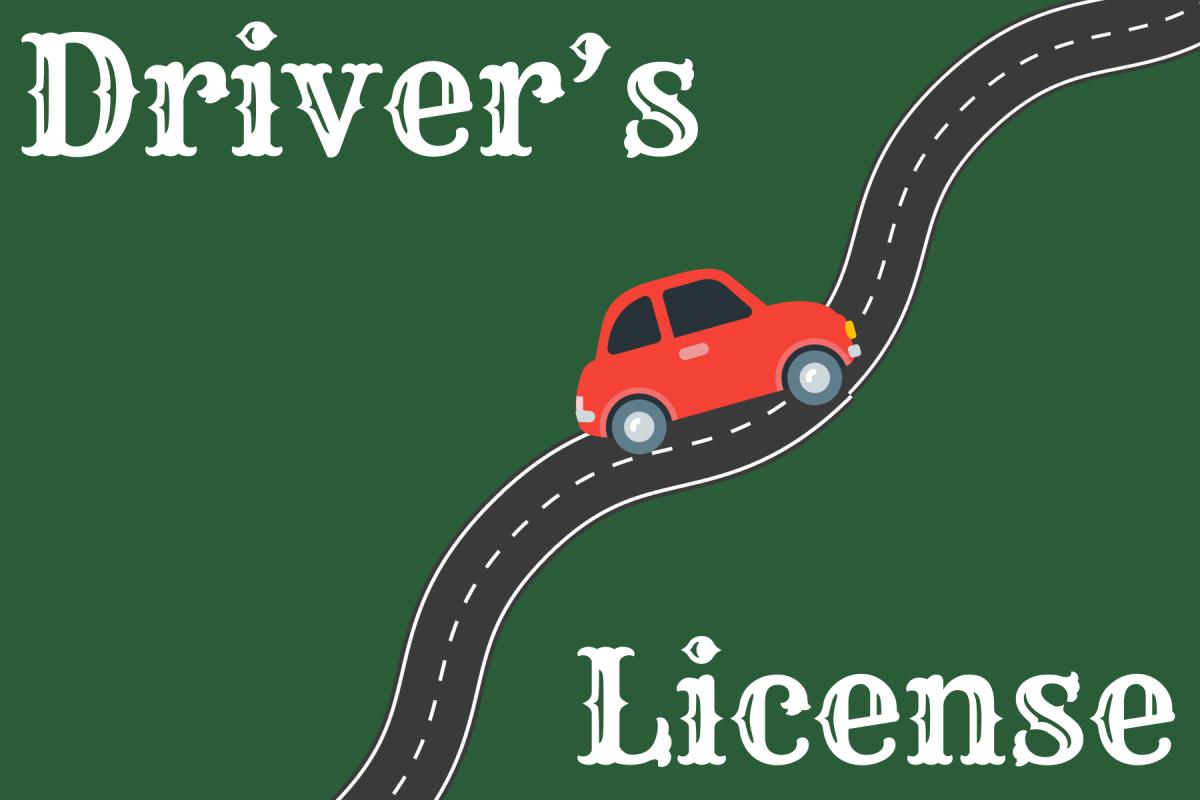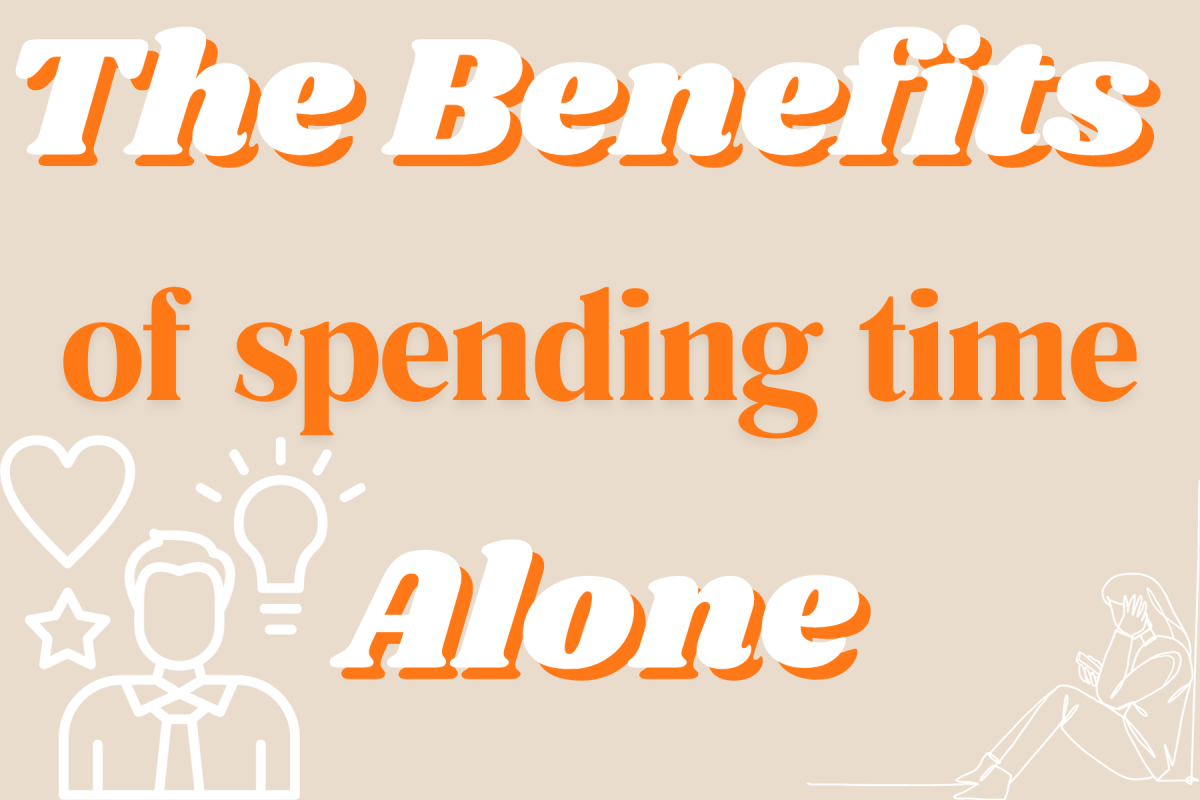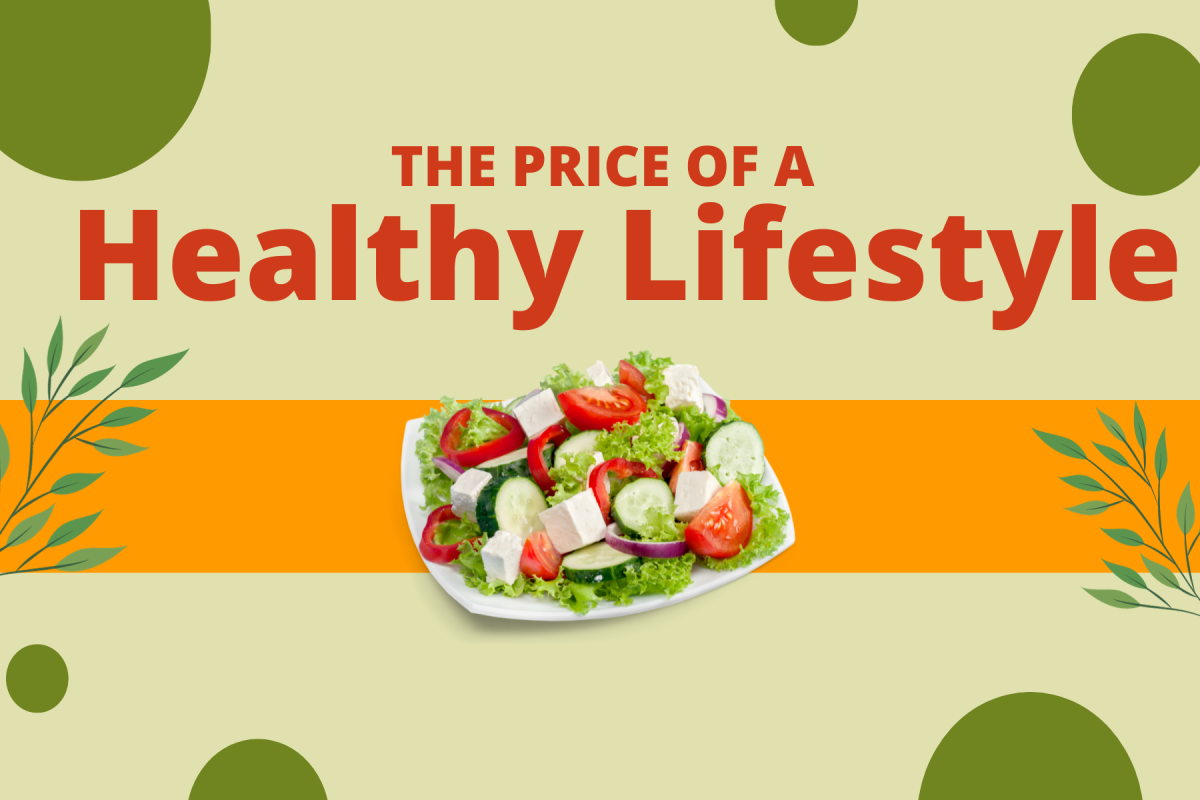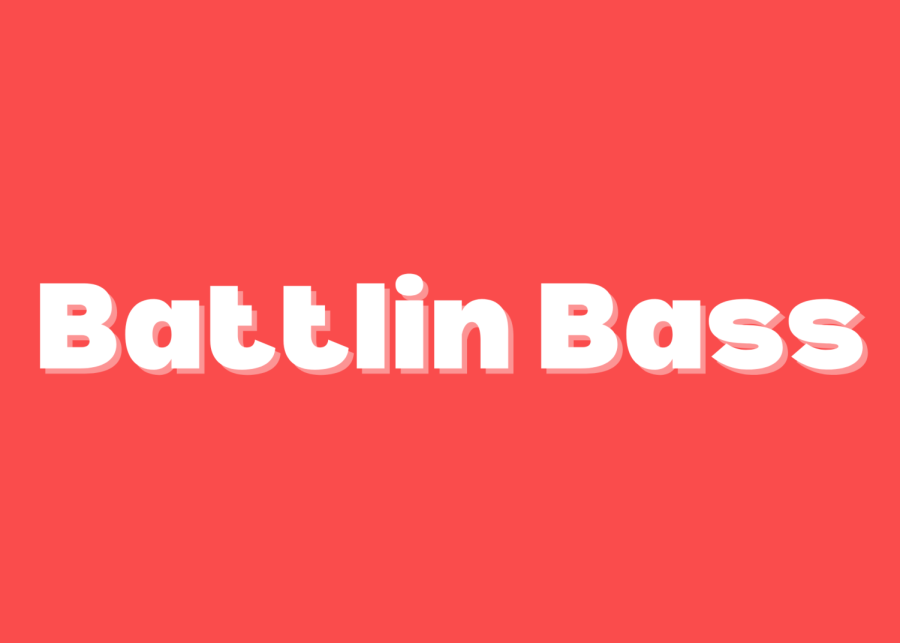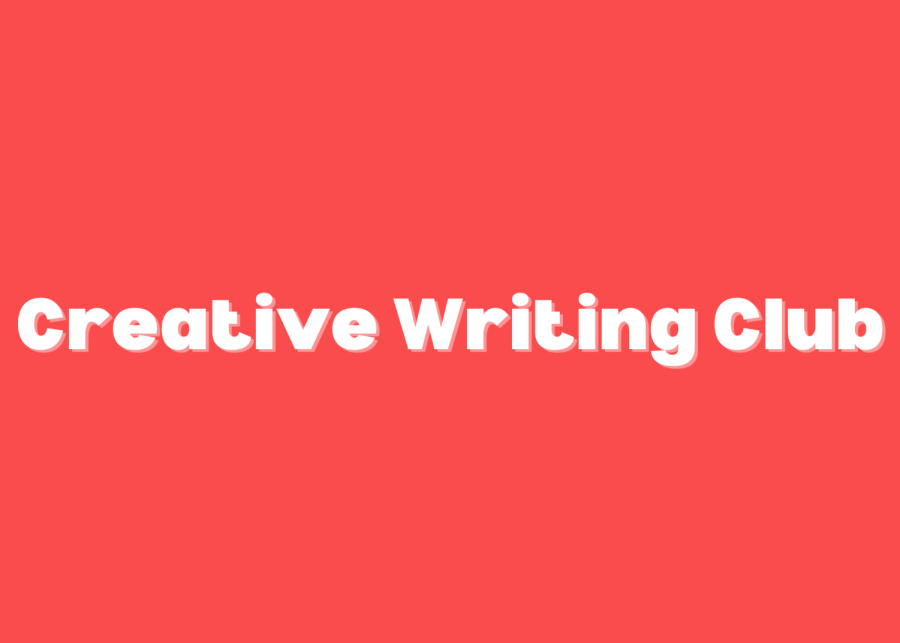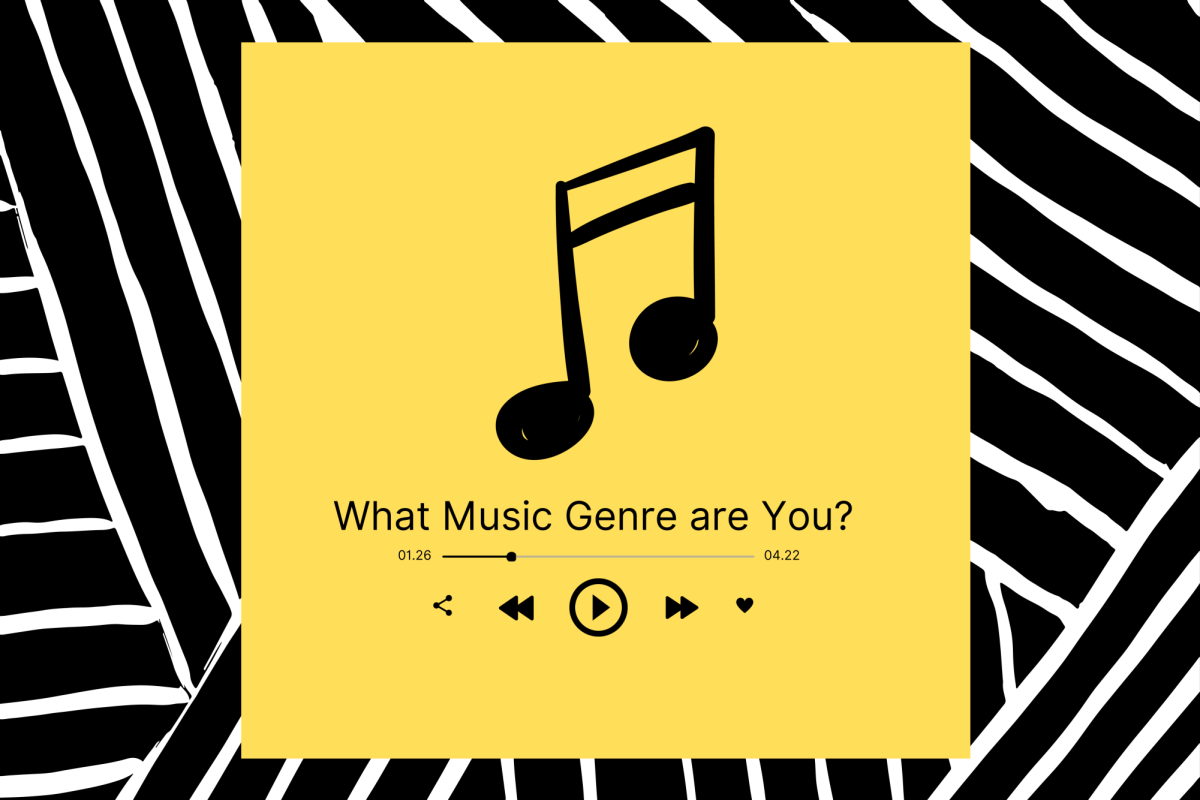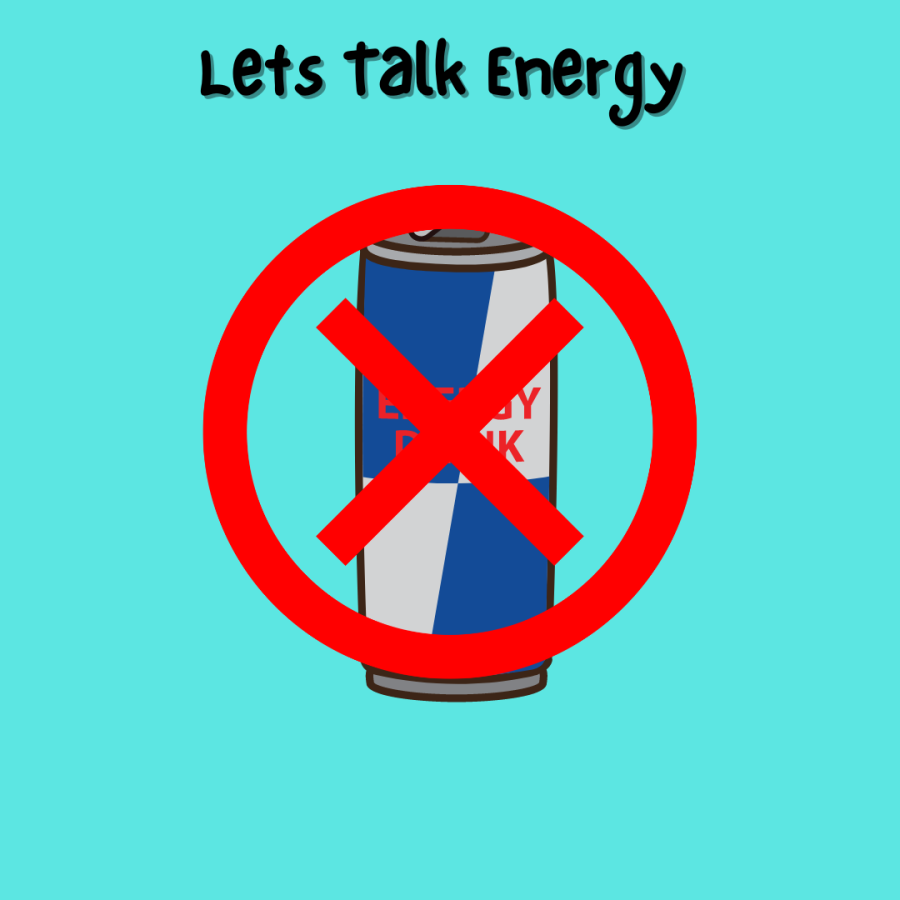Let’s Talk Energy Drinks
October 6, 2022
Let’s talk energy drinks
As you may know, there has been some controversy about energy drinks. Considering I have friends and family who consume them, I couldn’t help but wonder, what’s the real problem with energy drinks?
It’s been highly advised by many scientists to not drink more than one energy drink a day because the caffeine can range from anywhere between 50 mg to 300 mg per drink. Anything over 400mg of caffeine a day is typically not considered safe for the average adult. However, the American Academy of Pediatrics says kids from 12-18 should have no more than 100 mg of caffeine a day. Too much caffeine can lead to serious health risks. Caffeine can even be lethal in some cases, but it is very rare and only occurs because the victim went untreated.
The main purpose of consuming energy drinks is to increase arousal, alertness, concentration and well-being. However, doses of 500 mg or more were shown to increase anxiety, irritability, nausea, tremor, insomnia, and irregular heartbeat. Scientists have noted that doses of 250 mg of caffeine in healthy human subjects would be the safest way to obtain the desired results without suffering the negative consequences.
Typically around 10,000 mg (10 grams) is when caffeine starts to become fatal. To put that in perspective:
- 10,000 mg of caffeine is equal to 9 Bang energy drinks
- 10,000 mg of caffeine is equal to 125 cans of Red Bull (8oz)
- 10,000 mg of caffeine is equal to 30 Monster energy drinks
Although caffeine seems to be the main problem with energy drinks, sugar is also a very big issue. An average Red Bull (8oz) can has about 37,000 mg of sugar, while a Pepsi (8oz) bottle has about 39,000 mg of sugar. Similar to caffeine, sugar is put in energy drinks to increase arousal and alertness. The good thing is the average person can’t overdose on 10,000 mg of sugar. However, that doesn’t necessarily make it better. Sugar can be extremely addictive, in some cases even as addictive as cocaine, which is why it can be hard to put these drinks down. Sugar can cause diabetes, dental issues, obesity and a risk of overindulgence. Fortunatley, you can usually find sugar free energy drinks in most places.
Having said that, the label “sugar free” does not make the drinks healthier. Although the reduced sugar in sugar free drinks may lessen the risk of side effects such as diabetes, the artificial sweeteners such as sucralose or acesulfame K (Ace-K) may be just as bad for you. While these sweeteners don’t add calories, both sucralose and Ace-K have been linked to cancer in animal studies. Scientists don’t know the long term effects of these sweeteners on humans so it’s hard to say how safe they are for people to consume.
After all is said and done, energy drinks are not necessarily healthy, but as long as you don’t drink them daily, you will be just fine.



